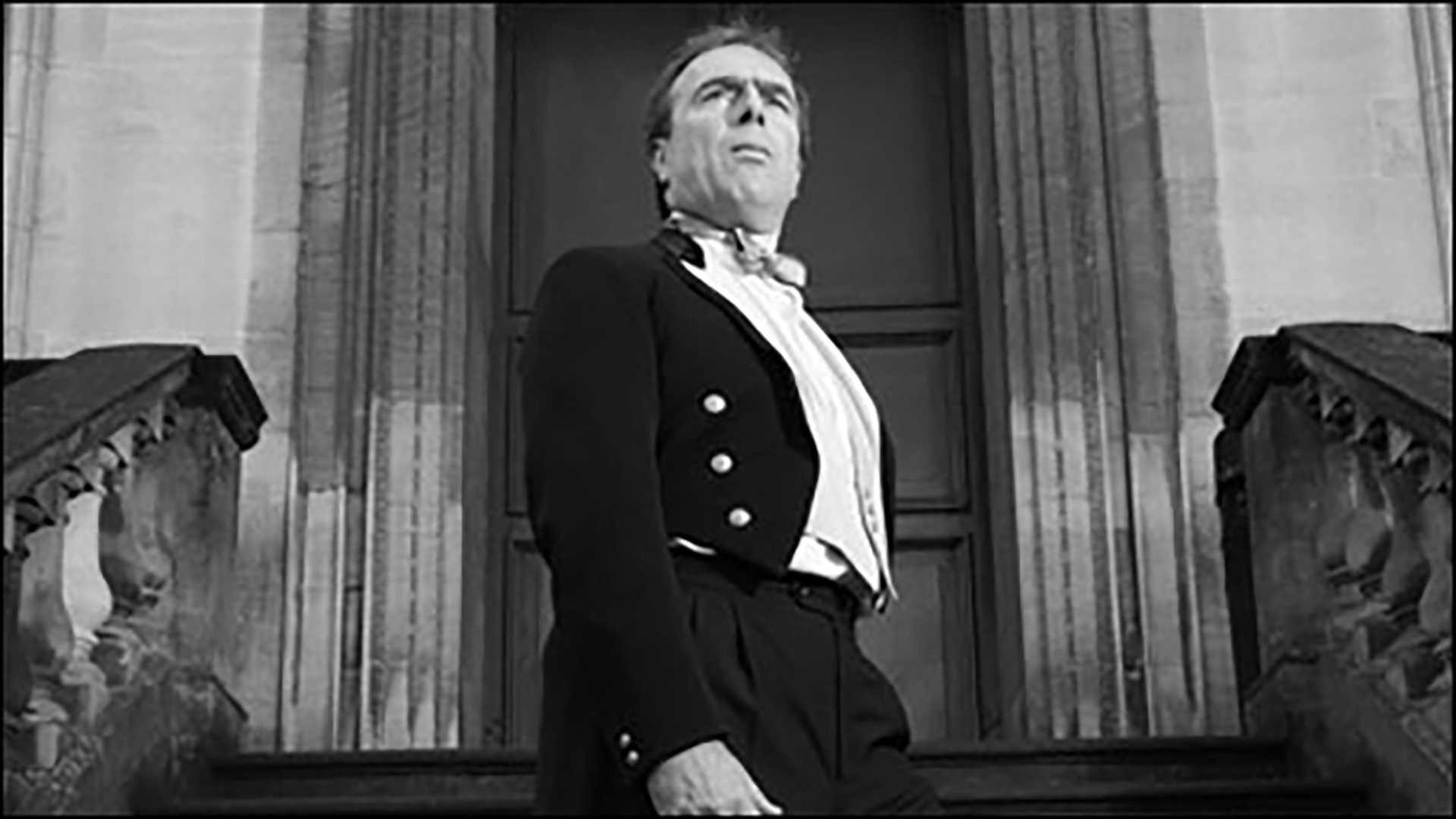Cameron: Toff at the Top
Channel 4
Political columnist Peter Hitchens describes himself as a moral and cultural conservative, and in this personal view he casts a caustic eye over the rise of David Cameron and his first year as Tory leader.
This is a story about the extinction of choice in British politics, where the main opposition party has been hijacked by an elitist club of political careerists and PR men. Far from wishing to fight New Labour, Hitchens believes that Cameron has sought to copy New Labour’s methods and adopt most of its beliefs. The adversarial tradition of British politics is dead and Parliament has become the private property of conformist social, cultural and moral liberals. As a result, Hitchens believes our political system is being degraded and the very foundations of our democratic system are under threat.
Hitchens traces Cameron’s career, from his days in the all-male Bullingdon dining club at Oxford University, through his period as a back-room boy at Conservative Central Office, to his first attempt to enter parliament at Stafford in 1997. Hitchens searches in vain for the intellectual roots of the Cameron revolution, discovering a politician who, until very recently, presented himself as a thoroughly conventional rural Tory, hardline on law and order and with mainstream Tory views on homosexuality. In 1996, David Cameron urged that criminals be forced to carry out public works, such as cleaning graffiti or clearing litter, in “distinctive uniforms.” And during 2000 he repeatedly attacked Tony Blair over his plans to abolish Section 28, accusing him of the “promotion of homosexuality in schools” and of being “anti-family.”
Hitchens picks apart the process by which Cameron won the leadership of the Conservative Party in the autumn of 2005, focusing on the role of outgoing leader, Michael Howard, and of the media in propelling him to power. He reveals that it was not until September 2005, half-way through the leadership campaign, that Cameron began to push a modernizing agenda -and then only because he was facing defeat at the hands of David Davis. He deconstructs the rebranding of the Conservative Party over the last year, exposing the prominent role played within the leadership team by PR guru Steve Hilton, and revealing the degree to which Cameron has slavishly copied the tactics pursued by New Labour a decade ago.
Robin Harris, director of the Conservative Research Department under Mrs. Thatcher, who gave Cameron his first job, says: “I think that David Cameron is an out-and-out opportunist … I don’t believe that David Cameron believes anything.” He reveals that Cameron obtained his first job with the help of a phone call to Conservative Central Office from a Royal Equerry at the palace.
Hitchens argues the Tory move to the so-called centre ground carries grave risks for the British political system. “British politics is based not on consensus but on adversarialism – two distinct and different sides, representing real and passionate divisions within the country. Without that difference there can be no choice, without that choice there can be no liberty,” he says.
Environmentalist George Monbiot agrees. “It’s almost as if our choice of different brands of margarine in the supermarket is a more meaningful one rather than the choices we are now confronted with in Westminster,” he claims.
Hitchens also speaks to Derek Draper, Michael Gove, Matthew D’Ancona, Edward Leigh and Norman Tebbit.
Channel 4


